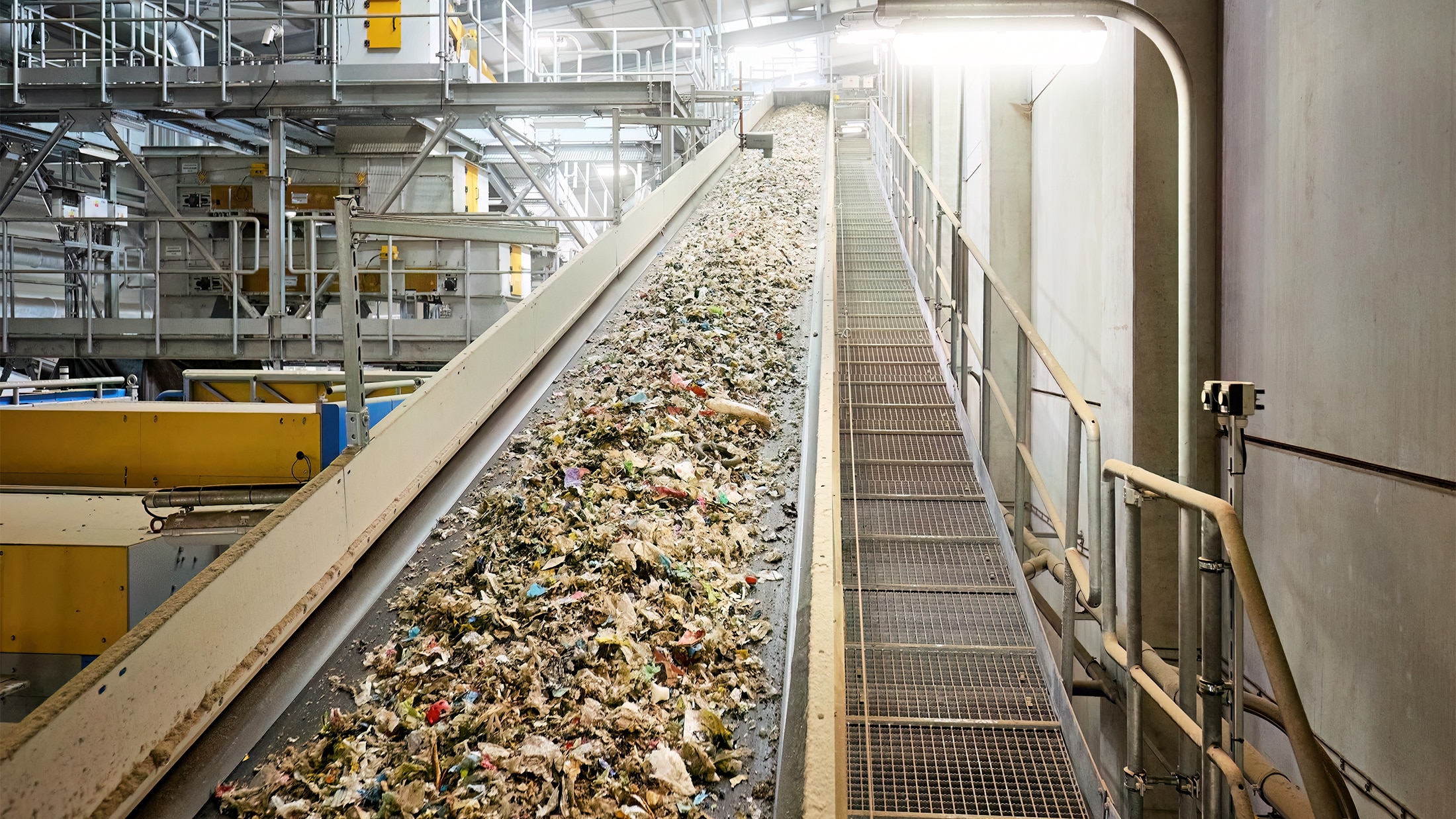Across the Middle East and North Africa region (MENA), we estimate that as much as 20% to 0% of waste collection and sorting operations are carried out informally, involving individuals and small businesses operating outside regulated frameworks and without official authorization. Putting an end to this “trash for cash” set-up presents an important opportunity for MENA countries to develop a significant economic sector that can create jobs and improve the environment.
While the informal sector collects and sorts waste, it does so poorly. It consists mainly of pickers and scavengers, itinerant buyers, junk and scrap shop dealers, and unlicensed processors. These groups play a crucial role in recycling and diverting waste from landfills by extracting recoverable materials, albeit with rudimentary methods.
Economically, we estimate that the unregulated nature of these activities results in approximately $10 billion annually in lost value and tax revenue across the MENA region. The scale of the informal sector also acts as a deterrent to outside investment in the industry. Environmentally, the informal sector’s practices lead to inefficient waste disposal and increased pollution. We estimate these practices contribute to an additional 10 million tons of CO2 equivalent emissions, compared to formal recycling and processing procedures, and use up large landfill space. Health and safety concerns are also significant, which we estimate imposes costs of $200 million annually from informal waste practices alone, excluding broader social costs associated with higher emissions. Despite these challenges, by our calculations the sector provides direct essential income for about 600,000 people in the region, often from marginalized communities.
Governments throughout the region are aware of these issues and are seeking ways to transform the waste sector. As they do so, they need to make choices that range from prohibitive action, including outlawing informal practices and illegal work, to more integrative efforts to bring the informal waste workers into a formal, regulated system.
We believe governments should choose a path between these approaches of prohibition and integration. They can use legal methods to terminate high-risk informal activity and seize informally traded and collected waste. Simultaneously, they could engage with, and recognize, select informal waste workers, when required, taking advantage of their existing capabilities and networks, and integrating them into a formal waste management system. That would minimize system disruptions, which could happen if the informal sector is shut out completely, with the loss of existing capabilities in processing and diverting waste from landfills.
A strategic transformation of the MENA informal waste sector could substantially reduce the scale of informal activities. Our calculations and modelling indicate that could create potentially $20 billion in economic value, and significantly decrease greenhouse gas emissions by 2030. Such a change would also foster job creation and improve environmental management.
What would need to change?
-
a. Prohibition side
On the prohibition side, some interventions include limiting access to waste facilities, shutting down informal scrap shops, deploying aerial surveillance to identify illegal dumpsites, and using protected smart bins to restrict access to valuable materials.
-
b. Integrative side
On the integrative side, governments can recognize waste picking as a valid profession, accompanied by a designated work permit, to provide social benefits and protection for registered workers, while barring those unwilling to integrate within the formal system.
Furthermore, training and development programs would equip the workforce with the required skills to ensure service quality. Dedicated engagement platforms, as well, can facilitate and improve coordination and collaboration between registered workers and other sector players. Administrative reforms, including the design of integrative contract terms for registered workers, are also essential to ensure compliance and effectiveness within the sector.
Each MENA country can implement tailored interventions that address specific challenges within their informal waste sectors. Such localized approaches need to consider national infrastructure, budgetary constraints, and socio-economic conditions.
Overall, waste management remains a challenging sector. Transitioning from informal to formal practices offers substantial environmental and financial rewards, while and such a transformation aligns with broader goals of sustainability and social equity in the MENA region.
This article originally appeared in Logistics ME, July 2024.
In the news
Transforming MENA's waste sector could unlock a $20 billion opportunity, improve environmental conditions, and create jobs by shifting from informal to formal waste management practices. Ending "trash for cash": The $20 billion opportunity to transform MENA's informal waste management sector . CO2 emissions, economic opportunity, environmental sustainability, governmental strategy, informal sector, job creation, MENA region, recycling, waste management. Supply Chain.

Contact us


















Menu